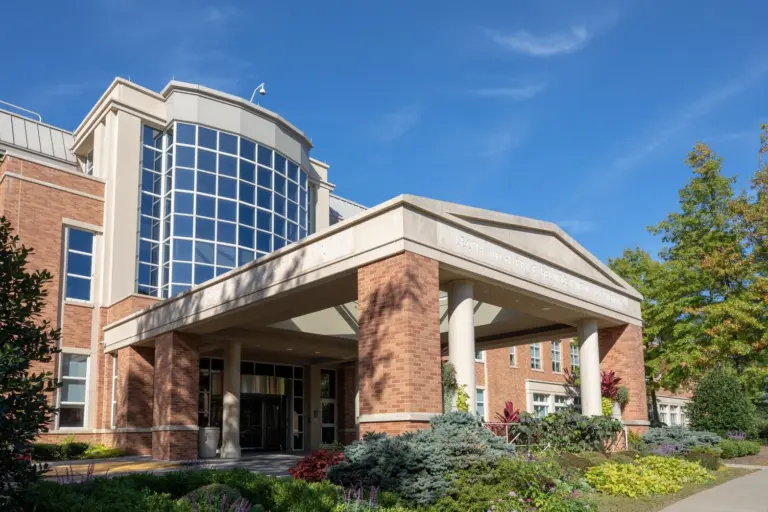By Drew Williams
Sentinel Columnist
Have you ever noticed that when Jesus says to His disciples, “Love one another; even as I have loved you…” He does not add, in a worldly, quid pro quo fashion, “…love me back!” Rather He says, “…as I have loved you, love one another” (John 13:34).
The Apostolic Preacher Raniero Cantalamessa writes, “Here we experience firsthand the difference between human love that flows through a closed circuit and God’s love that flows through an open circuit.” In the open circuit of God’s love, He supplies us with all the mercy we will ever need for ourselves and for our neighbors. The critical reason, therefore, why we love our neighbors is that God has entrusted to us His own love for them. When I receive His love and pass it on, the circuit remains in free flow. For me to hold a grudge or refuse to forgive is to hoard His love, to lock it up inside of me. Unforgiveness, therefore, becomes an obstruction to the free flow of God’s love—in effect, we close the circuit. Jesus is asking us not to do that, but rather to participate in the open circuit of His love. I find this picture really helpful.
But how would I know if the circuit in my heart was open or closed? I know I can’t fool God, but I am an acclaimed expert at fooling myself. C.S. Lewis would have us examine the circuitry of our hearts with the aid of an interesting test. (Want to try it?) Lewis asks us to call to mind someone who has wounded us. Having done this, he asks us to imagine that this person is now publicly exposed in some kind of scandal. Lewis then invites us to use our imagination a third time: to envision a scenario where something else is printed that reveals that the first salacious story is not quite true, or at least not quite as bad as was made out. How do we respond to this new information? Is our first feeling, “Thank God, even they are not quite as bad as that” (“circuit open”) or is it, as Lewis puts it, “a feeling of disappointment and even a determination to cling to the first story for the sheer pleasure of thinking your enemy as bad as possible?” That would be “circuit closed.”
St. Augustine writes, “We are mortal human beings, fragile, weak, carrying along with us our earthen vessels, which don’t leave each other much room.” In short, there’s a lot of potential for friction. Cantalamessa says that forgiveness does for a community what oil does for a car. Like oil, forgiveness neutralizes friction.
I feel challenged to run the Lewis “newspaper” test by some old wounds and see where I am in need of applying more oil. And that may simply begin with a prayer: “Lord, I forgive… Please help me to forgive!” This is a prayer that the open circuit of God’s love abundantly resources. The Psalmist gives us exactly this assurance: whenever we make this endeavor to allow His mercy to flow through us, “…there the Lord has commanded the blessing, life forevermore” (Psalm 133:3).
Catherine of Siena (1347-1388) recorded that one night the Lord quietly whispered to her in her prayers, “While I love you of grace, and not because I owe you My love. Therefore to Me, in person, you cannot repay the love which I require of you, and I have placed you in the midst of your fellows, that you may do to them that which you cannot do to Me, that is to say, that you may love your neighbor of free grace, without expecting any return from him, and what you do to him, I count as done to Me.”
Her prayer reminds me of Jesus’s promise, “Truly, I say to you, as you did it to one of the least of these my brothers, you did it to me.” (Matthew 25:40). How extraordinary that when I participate in this open circuit of God’s love in which He freely and lavishly supplies all the love and mercy I will ever need for myself and for my neighbor—when I receive His love and pass it on—it is as if I did this to Jesus personally.
The Rev’d Drew Williams, Senior Pastor of Trinity Church, has been living with severe, debilitating chronic pain for more than three years. He knows the desperation that comes with wondering if he would ever be pain free. At the same time, he shares, “By the grace of God, that desperation has also brought an increased intensity and honesty, as well as a deeper intimacy, in my relationship with God.” He now shares something of his struggle in a series of devotional writings for the Greenwich Sentinel.





